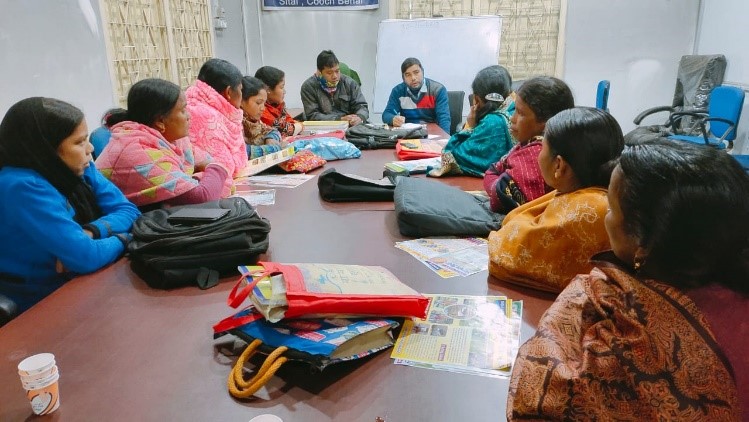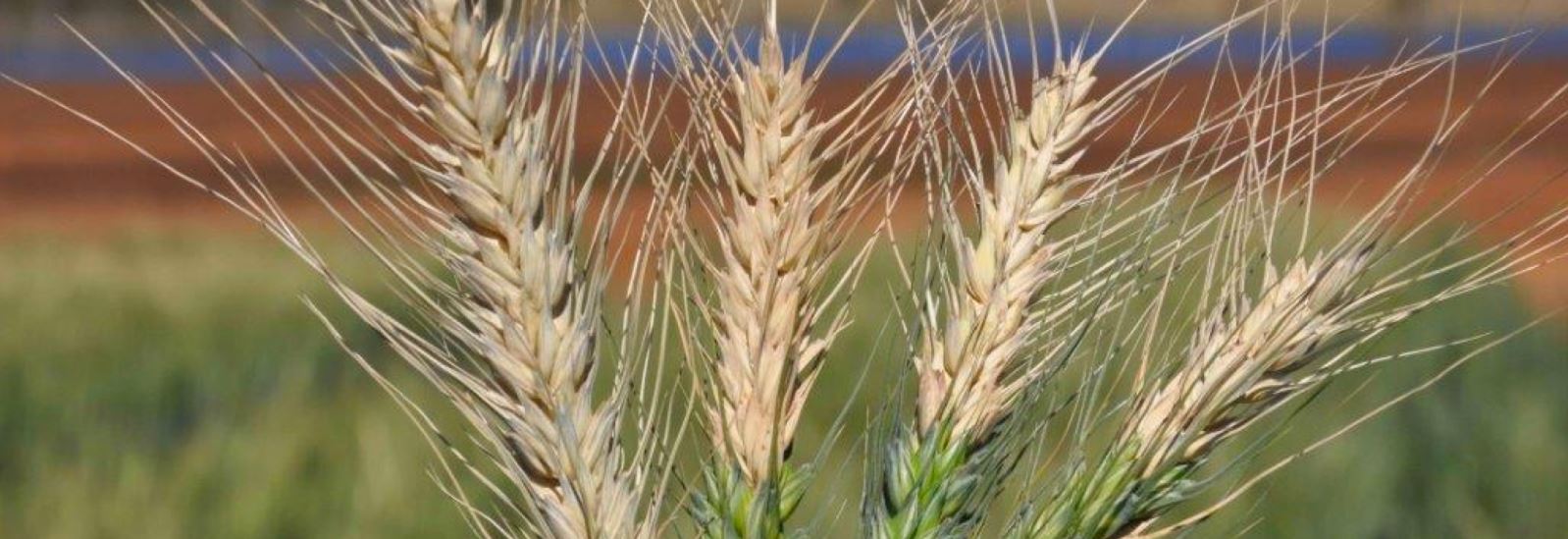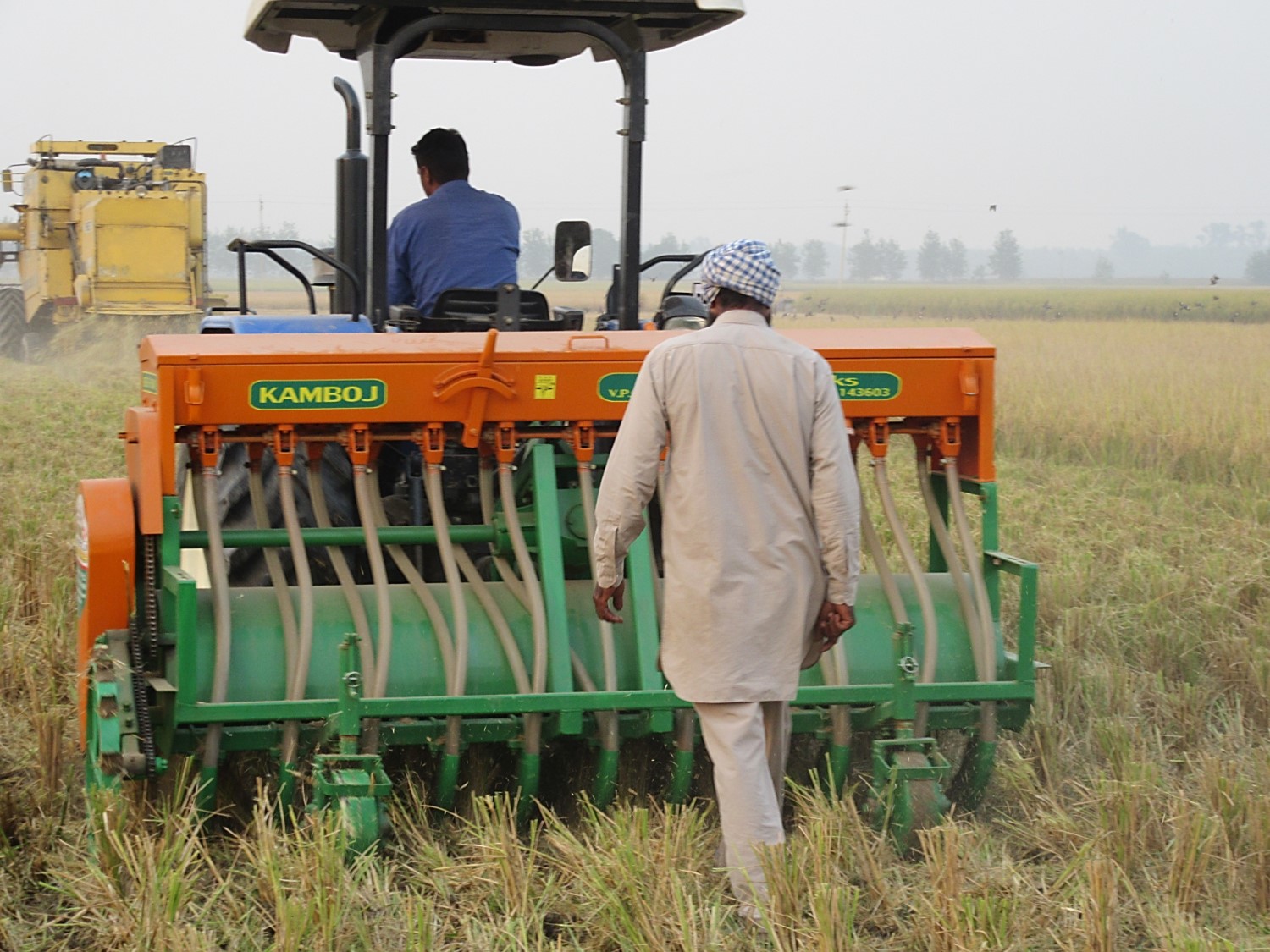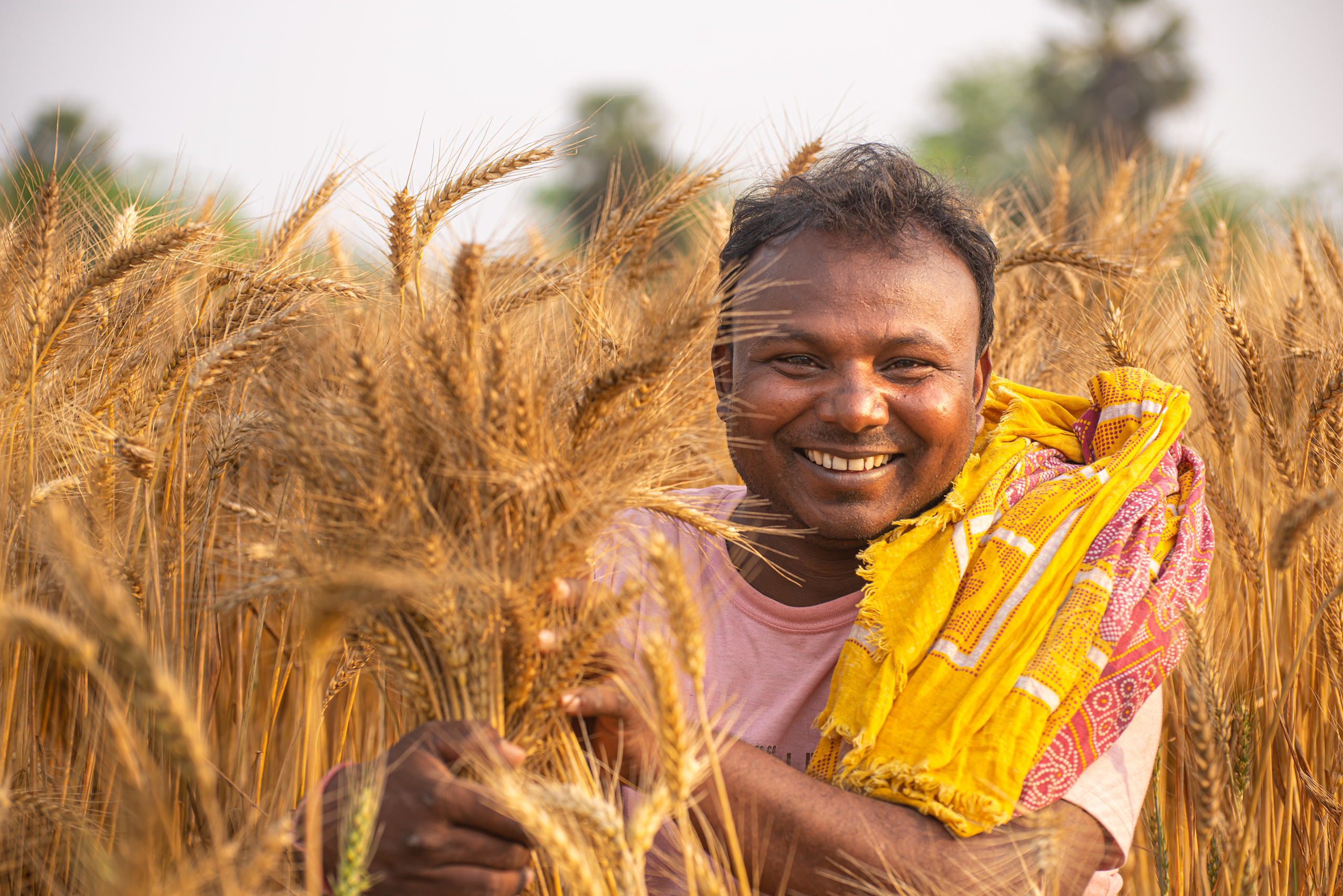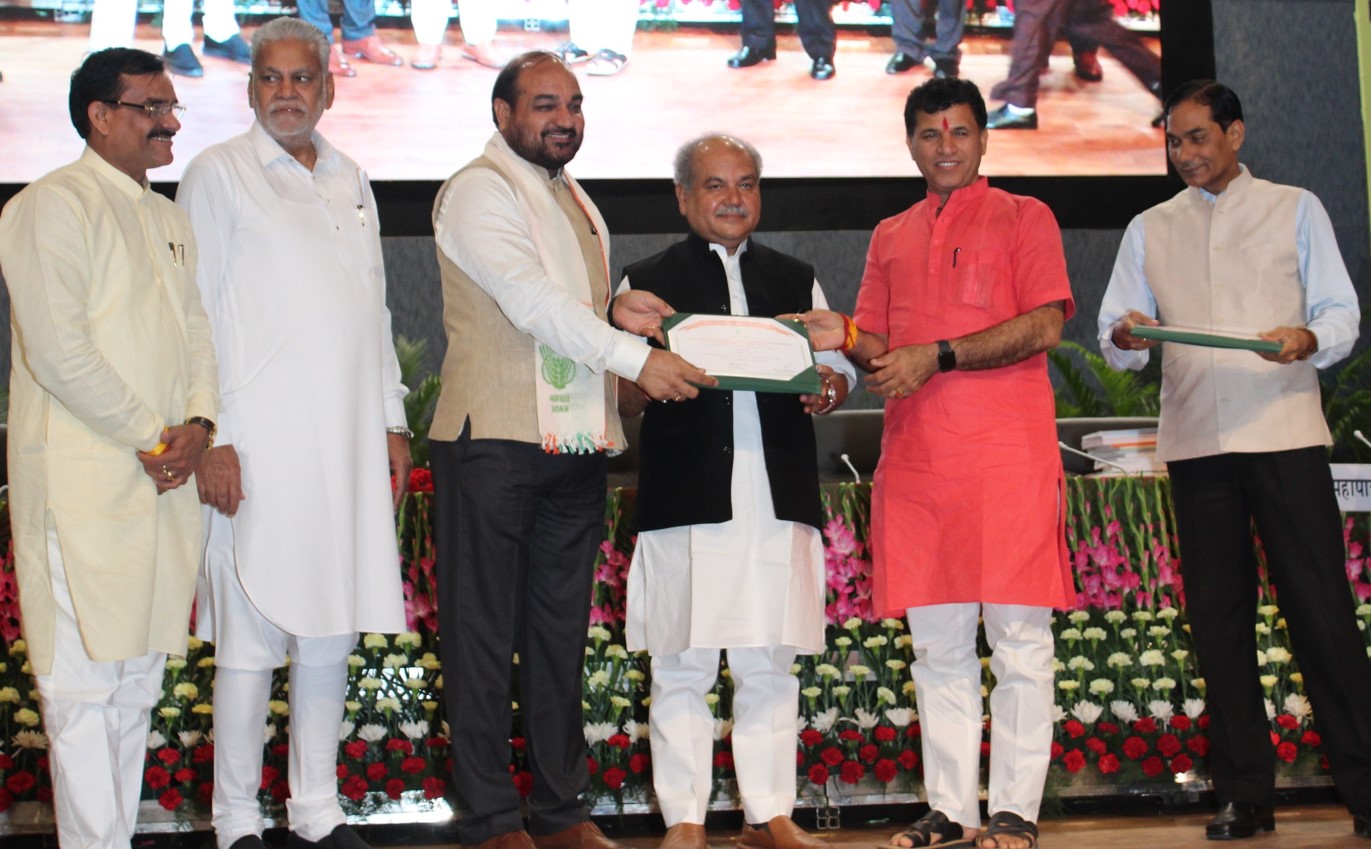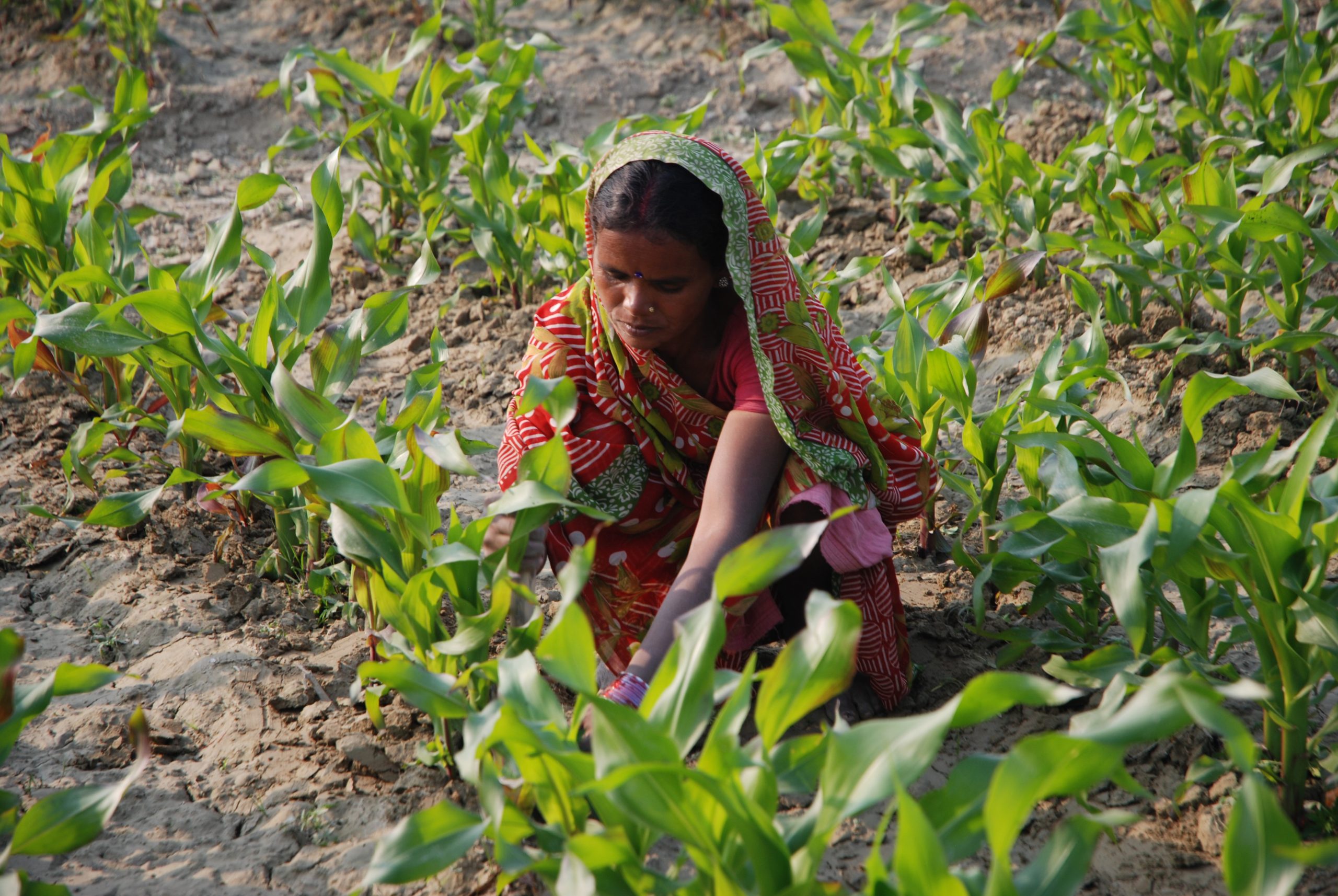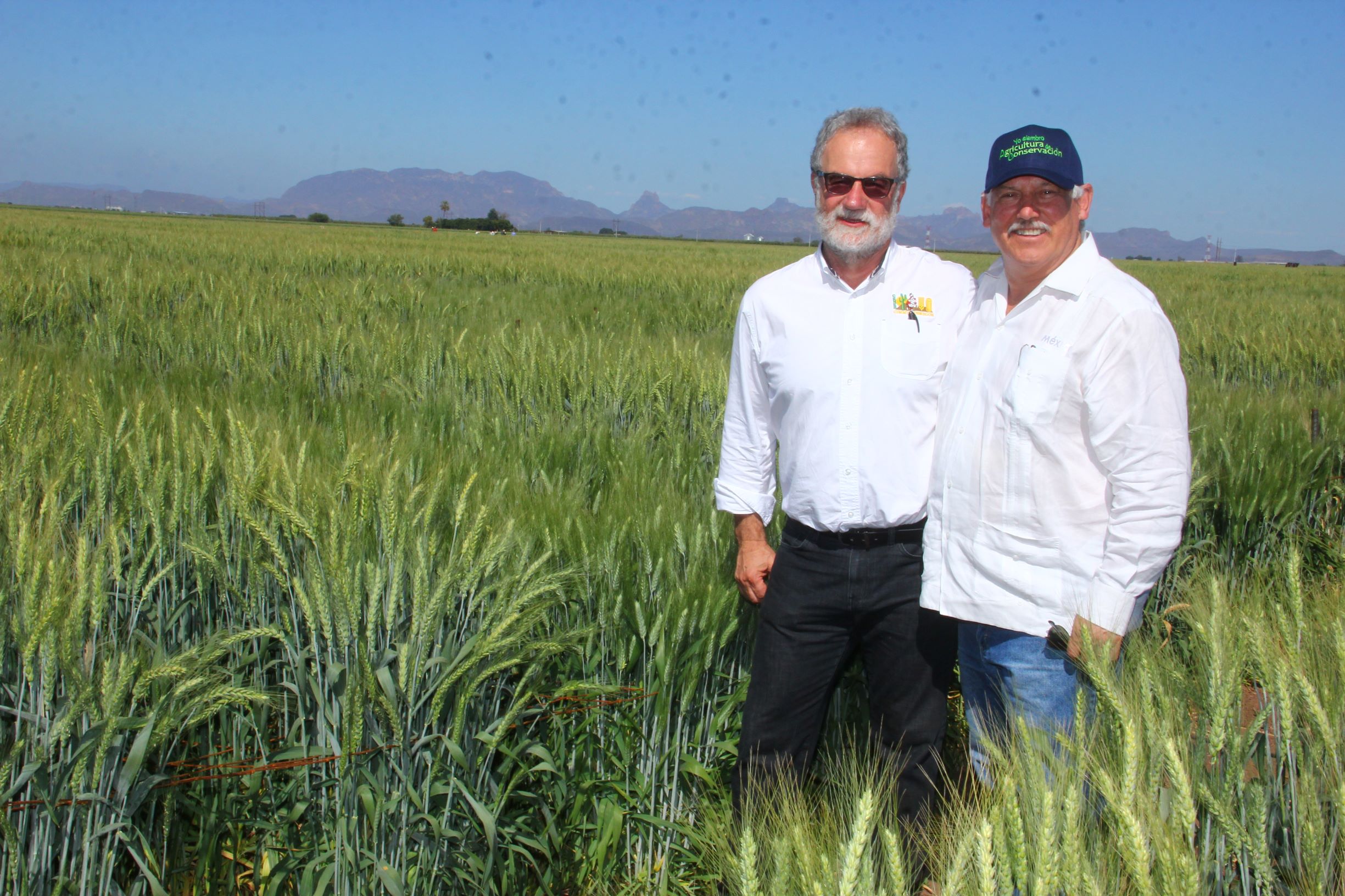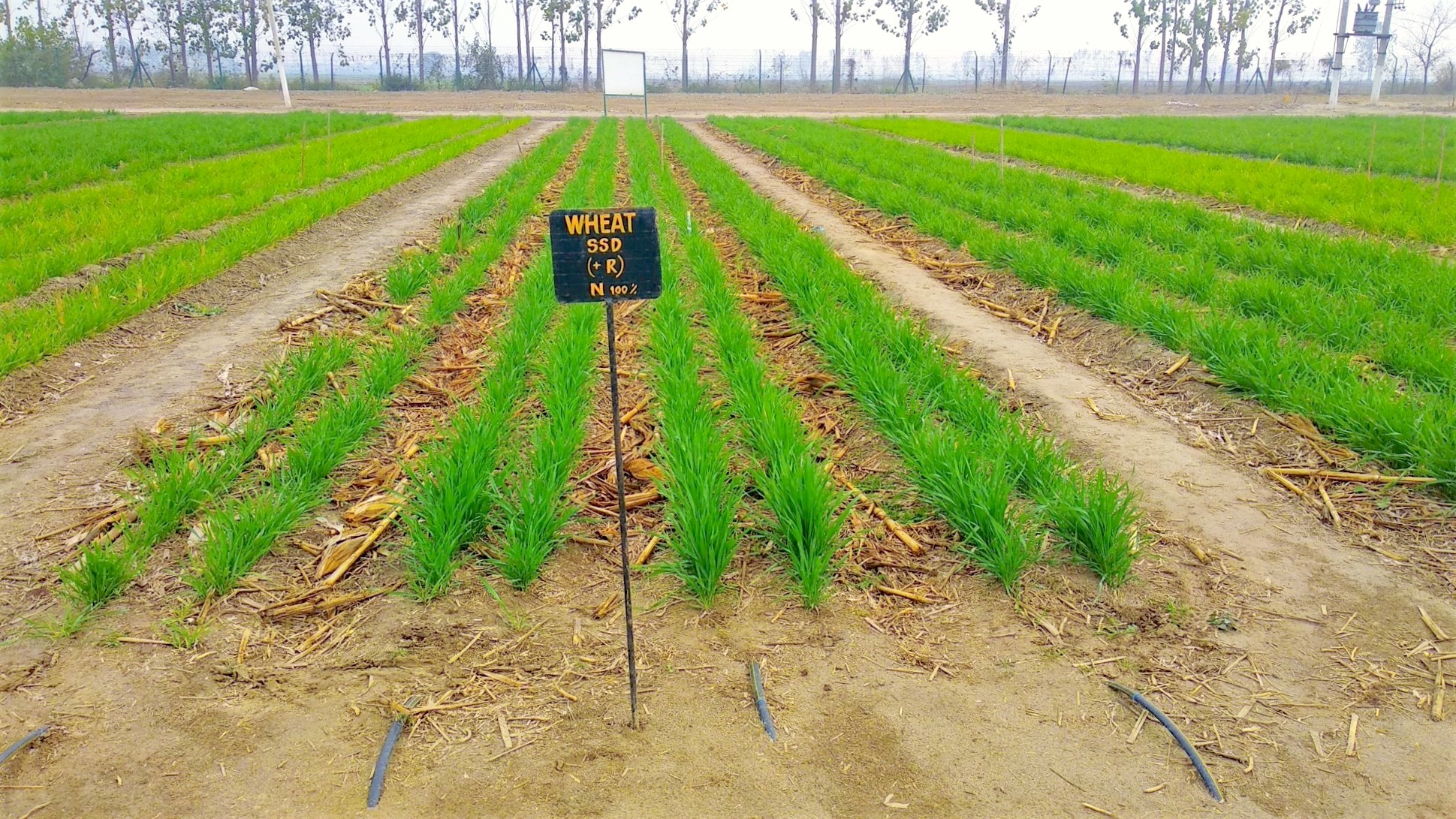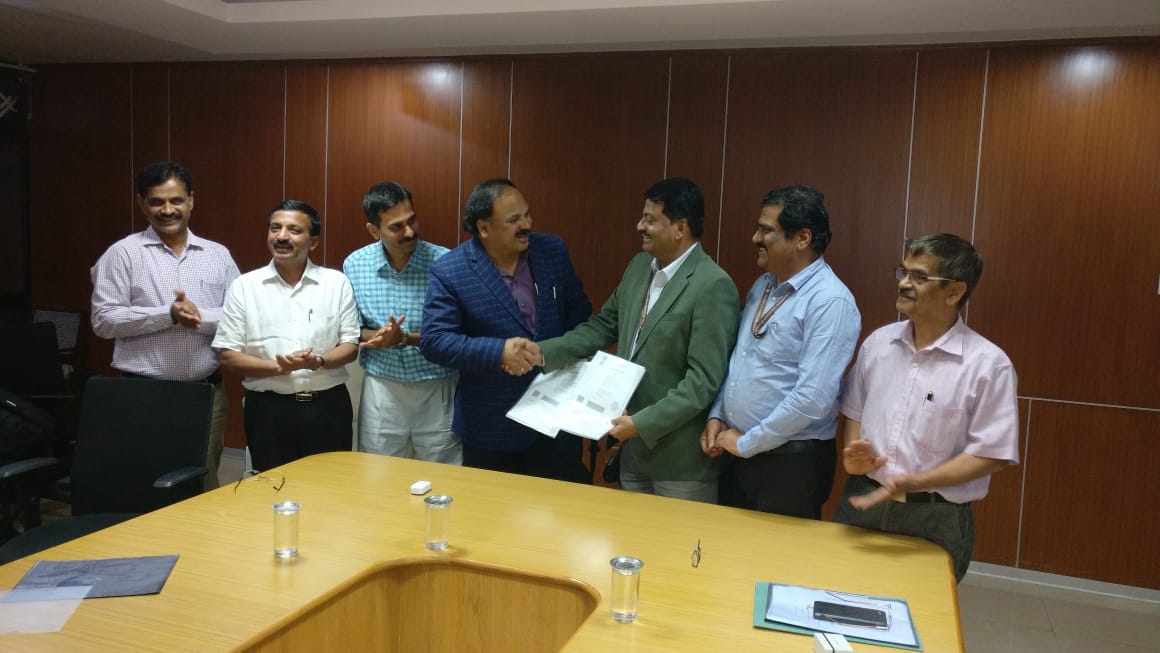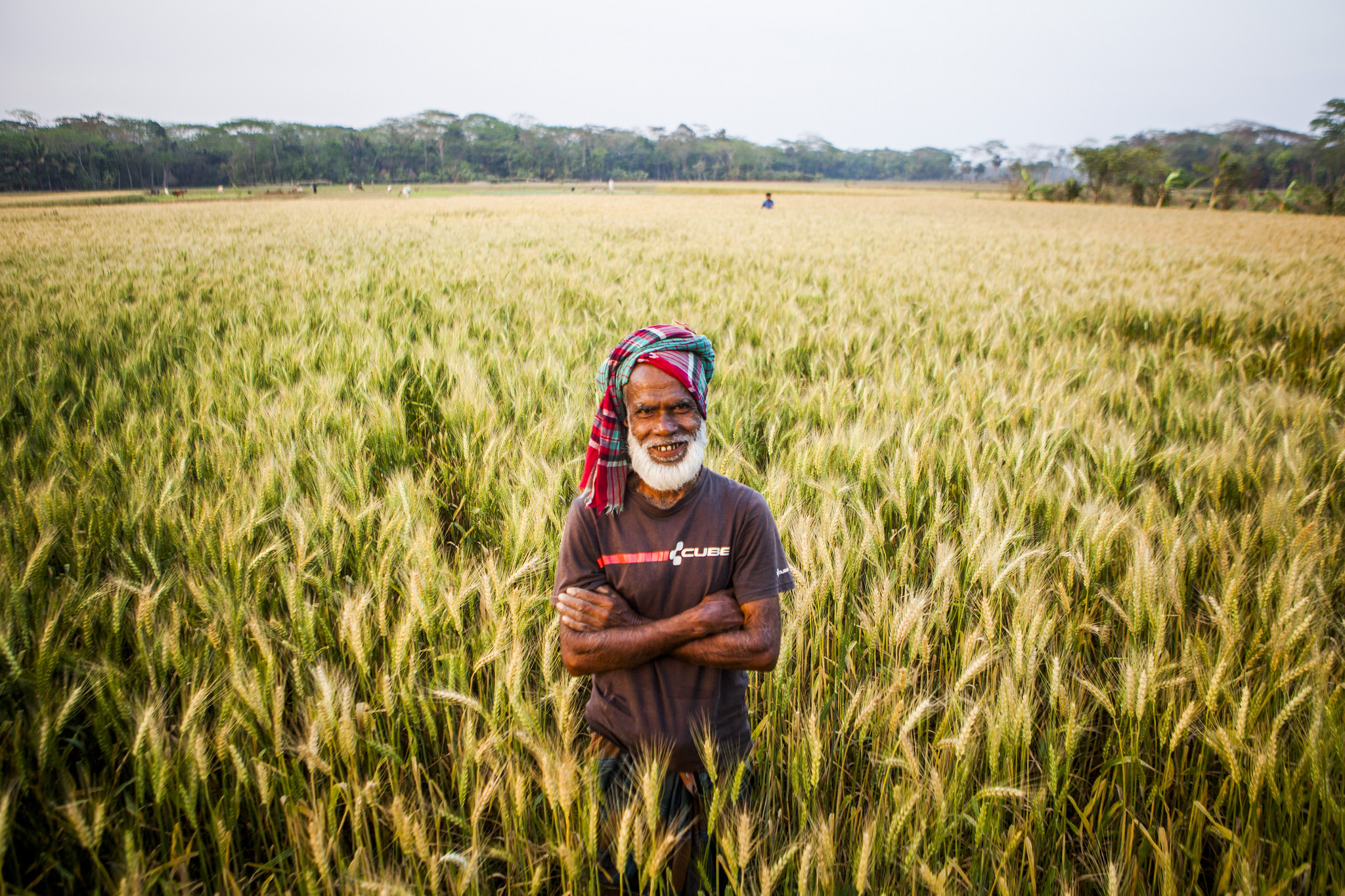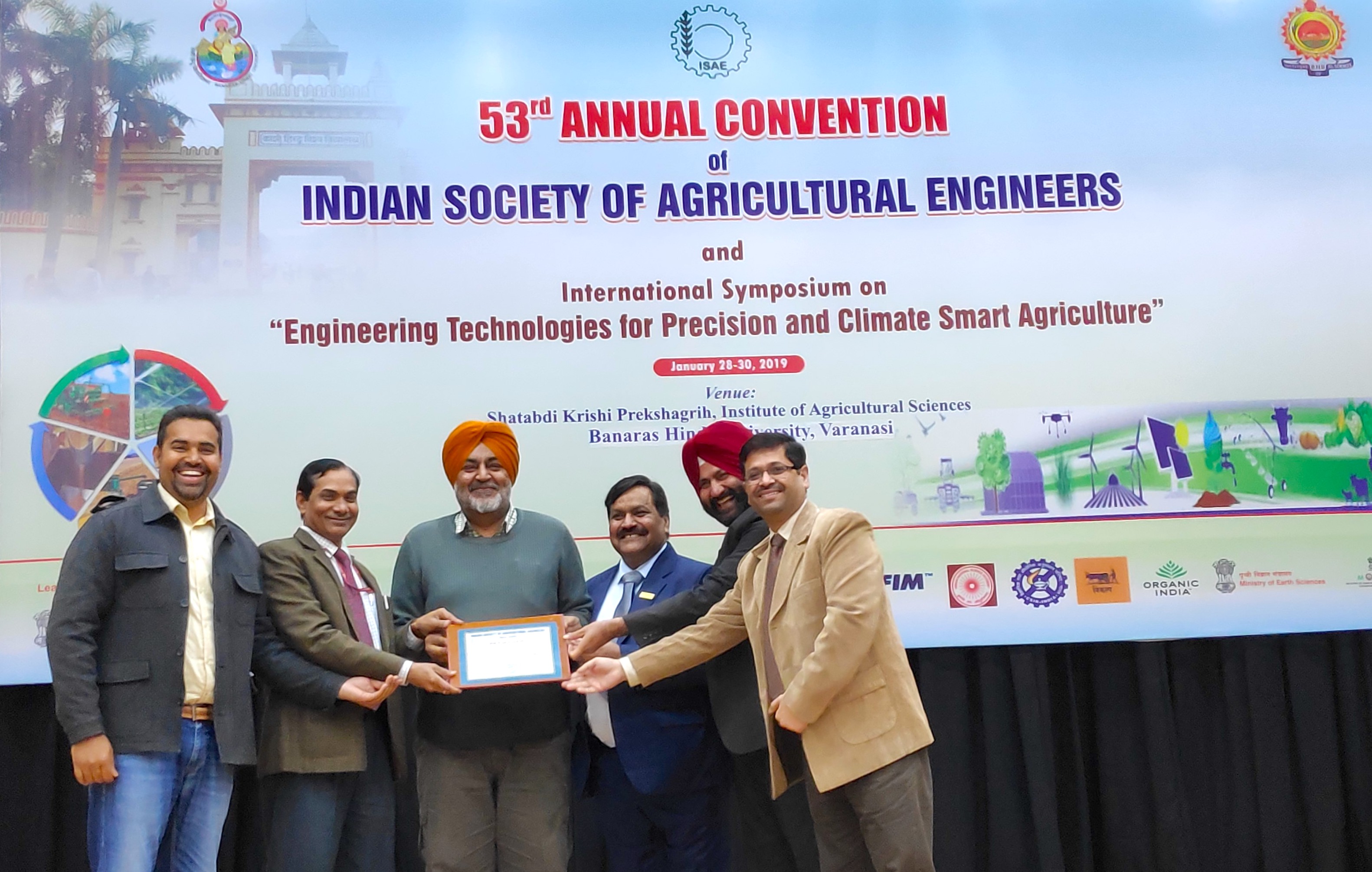Indian Council of Agricultural Research (ICAR)
Advancing Nutritious Food Crops: The Role of the Public Sector
 Nutrition, health and food security
Nutrition, health and food security
Source: Outlook India (25 Feb 2020)
Harvest Plus supports cross-sector alliances to advance biofortified crops in India.
New year, new beginnings
 Capacity development
Capacity development
Women in West Bengal form farmer groups and cooperatives drawing on sustainable agricultural practices from CIMMYT’s SRFSI project.
What is wheat blast?
 Nutrition, health and food security
Nutrition, health and food security
Wheat blast is one of the most fearsome and intractable wheat diseases in recent decades. It spreads through infected seeds, crop residues as well as by spores that can travel long distances in the air, posing a major threat to wheat production in tropical areas.
Happy Seeder can reduce air pollution and greenhouse gas emissions while making profits for farmers
 Innovations
Innovations
The average farmer who uses the Happy Seeder can generate up to 20% more profits than those who burn their fields, according to a new study published in Science.
Alternatives to burning can increase Indian farmers’ profits and cut pollution, new study shows
 Climate adaptation and mitigation
Climate adaptation and mitigation
Published in Science, the article provides evidence for national policies that block stubble burning and promote no-till mechanization to manage crop residues.
India honors CIMMYT climate-smart farming expert
 Climate adaptation and mitigation
Climate adaptation and mitigation
M.L. Jat received the Rafi Ahmed Kidwai Award for outstanding and impact-oriented research contributions in natural resource management and agricultural engineering.
Looking forward, looking back
 Climate adaptation and mitigation
Climate adaptation and mitigation
Partners from four countries reflect and plan ahead after five years of the SRFSI project.
You can grow wheat, rice with 40% less water-research shows
 Innovations
Innovations
Source: Daily Trust (23 May 2019)
CIMMYT researchers report a sub-surface drip fertigation system combined with conservation agriculture uses less water to produce the same wheat and rice yields.
Mexican Secretary of Agriculture joins new partners and longtime collaborators in Obregon
 Nutrition, health and food security
Nutrition, health and food security
Villalobos recognized the immense work ahead, but was optimistic that young scientists could carry on the legacy of Norman Borlaug.
Innovative irrigation promises “more crop per drop” for India’s water-stressed cereals
 Climate adaptation and mitigation
Climate adaptation and mitigation
A study demonstrates how rice and wheat can be grown using 40 percent less water.
CIMMYT and UAS-Bangalore to establish a maize doubled haploid facility in Karnataka, India
 Nutrition, health and food security
Nutrition, health and food security
Occupying 12 acres of land, the facility is expected to produce at least 30,000 DH lines a year.
Assessing the effectiveness of a “wheat holiday” for preventing blast in the lower Gangetic plains
 Nutrition, health and food security
Nutrition, health and food security
Policy to encourage alternative crops for wheat farmers in South Asia a short-term solution at best, say CIMMYT researchers
BISA and PAU awarded for collaborative work on residue management
 Climate adaptation and mitigation
Climate adaptation and mitigation
Joint team recognized for their work on rice residue management using the Super Straw Management System, or Super SMS.

